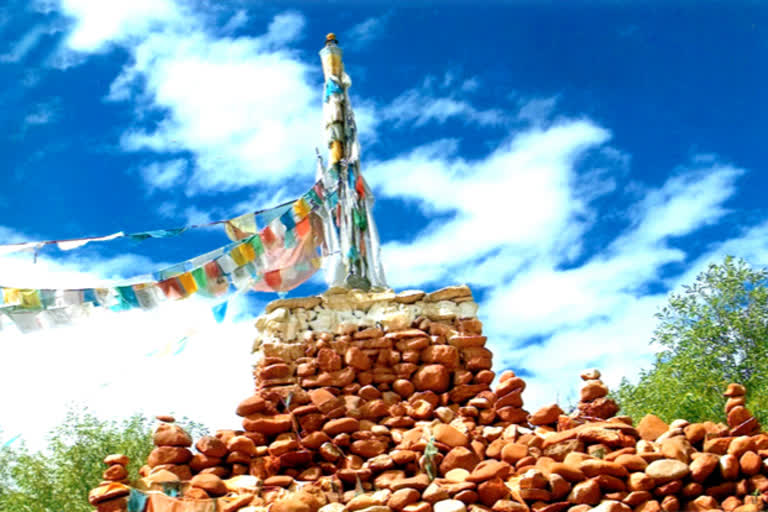New Delhi:With winter fast approaching and night temperatures near the Pangong Tso and in the areas around eastern Ladakh touching minus 20 degrees, there is a lot of worry as more than 1,00,000 Indian and Chinese soldiers are encamped near the Line of Actual Control (LAC) and in-depth areas—because for the next few months out there, unforgiving nature will be the deadliest enemy.
Not that Indians have not fought in such super altitudes before and won.
In 1841, legendary Dogra general Zorawar Singh, camping with his soldiers on the southern bank of the Pangong lake, prepared his troops for a winter war by training them on the frozen lake. His burning desire—the conquest of Tibet.
Pangong Tso is one of the face-off sites between the Indian and Chinese armies where there has been a huge mobilization by both sides. While China has occupied dominating heights on the north bank, India had the advantage on the southern bank.
But even his best preparations could not match with what the elemental forces of nature had in store for Zorawar’s army in the brutal winters of east Ladakh and Tibet.
After conquering Ladakh in 1834, flush with the success of a blitzkrieg campaign where he occupied Skardu (and present-day Gilgit-Baltistan) in 1839-40, Zorawar Singh turned his attention towards Tibet where the profitable shawl trade caught his eye.
While Indian historians have written a lot about Zorawar Singh and his exploits, it is interesting to see what Tibetan sources have to say.
According to Tibetan scholar and former finance minister of the Tibetan government WD Shakabpa Tsepon (1907-1989), Zorawar Singh’s army comprised both Sikh and Ladakhis. The fight with the Tibetan army took place at Nghari Korsum in western Tibet after which Zorawar Singh’s army advanced till Taklakhar (modern-day Taklakot in Buran province near the India-Nepal-China trijunction).
Also Read: China psy-ops unbated, thermal shelters for PLA in Ladakh latest brag
Although ill-equipped, the Tibetan army used the familiar weather to their advantage. After fighting for a few months, they manage to force out Zorawar Singh and his men from Taklakot.
